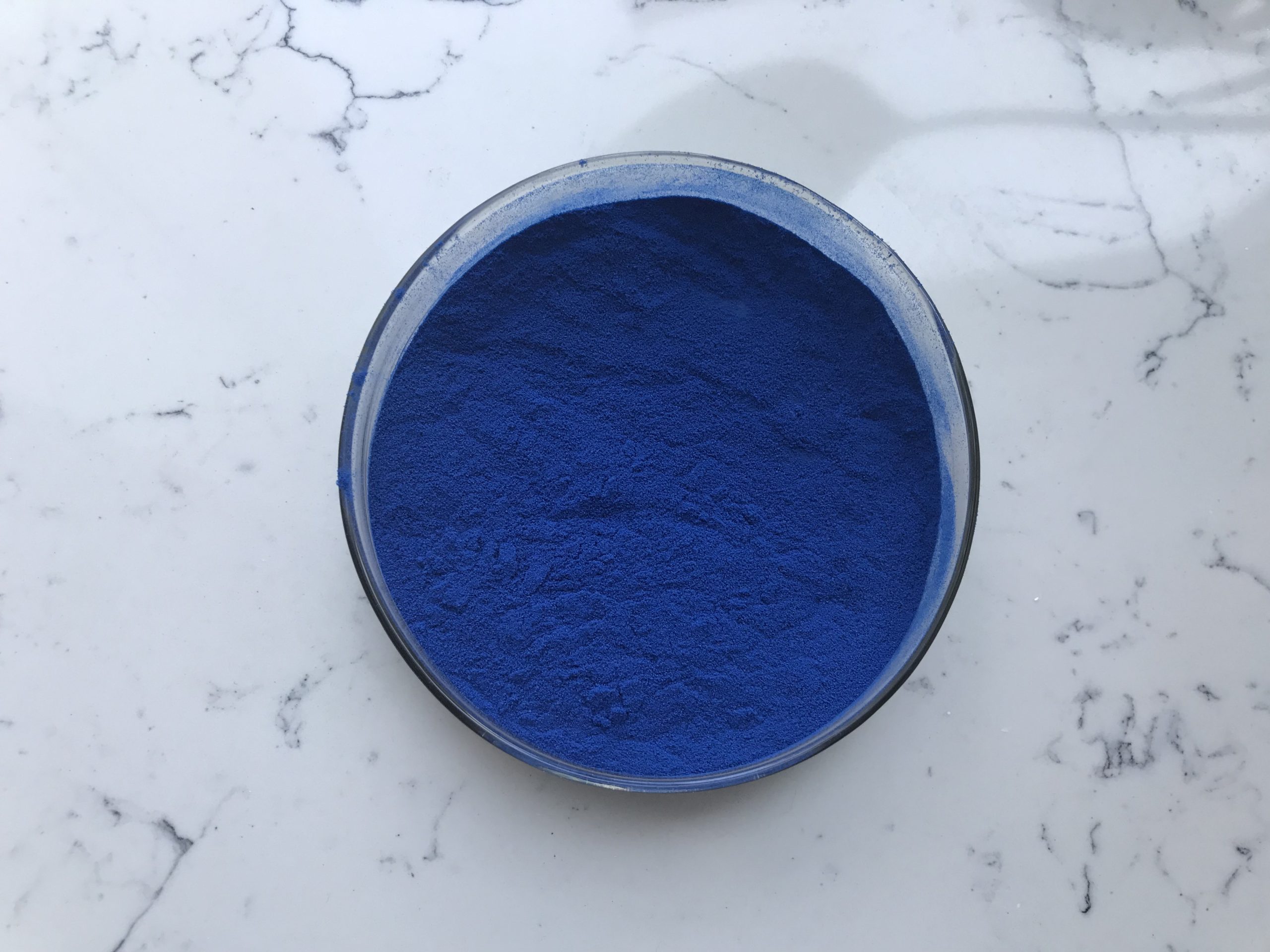Phycocyanin is a natural blue pigment and a protein found in certain types of blue-green algae, particularly Spirulina and some cyanobacteria. It has gained attention for its potential health benefits, but like any substance, it has both pros and cons. Here’s an overview of the pros and cons of phycocyanin:
Pros of Phycocyanin:
Antioxidant Properties: Phycocyanin is a potent antioxidant that can help protect cells from oxidative stress and damage caused by free radicals. This can potentially reduce the risk of various chronic diseases.
Anti-Inflammatory: It has anti-inflammatory properties that may help reduce inflammation in the body. Chronic inflammation is linked to many health problems, including heart disease and cancer.
Supports the Immune System: Some studies suggest that phycocyanin can enhance the immune system by stimulating the production of white blood cells and other immune components.
Detoxification: Phycocyanin has been shown to have detoxifying effects, particularly in the liver. It may help the body eliminate toxins and heavy metals.

Potential Anti-Cancer Properties: Some research indicates that phycocyanin may have anti-cancer properties by inhibiting the growth of cancer cells and promoting apoptosis (cell death).
Neuroprotective: There’s emerging research suggesting that phycocyanin might have neuroprotective effects, which means it could help protect against neurodegenerative diseases like Alzheimer’s and Parkinson’s.
Cons of Phycocyanin:
Allergies: Some individuals may be allergic to phycocyanin, leading to adverse reactions like skin rashes, itching, or gastrointestinal discomfort.
Digestive Issues: In some cases, phycocyanin supplements may cause digestive problems, including diarrhea or upset stomach, especially when taken in high doses.
Potential Contamination: Blue-green algae, including Spirulina, can sometimes be contaminated with harmful substances, such as microcystins and heavy metals, which can pose health risks. It’s essential to source phycocyanin from reputable suppliers.
Lack of Long-term Studies: While phycocyanin shows promise in various health aspects, the long-term effects and safety of prolonged use are not well-established. More research is needed to understand its full implications.
Regulatory Oversight: Dietary supplements containing phycocyanin are not as tightly regulated as pharmaceuticals, which means the quality and safety of products can vary widely.
Interactions with Medications: If you are taking medications, consult with a healthcare professional before adding phycocyanin supplements to your regimen, as it may interact with certain drugs.
In conclusion, phycocyanin has several potential health benefits, but it’s not without its risks and uncertainties. As with any supplement or natural product, it’s crucial to approach it with caution, ensure quality sourcing, and consult with a healthcare provider, especially if you have underlying health conditions or are taking medications.
